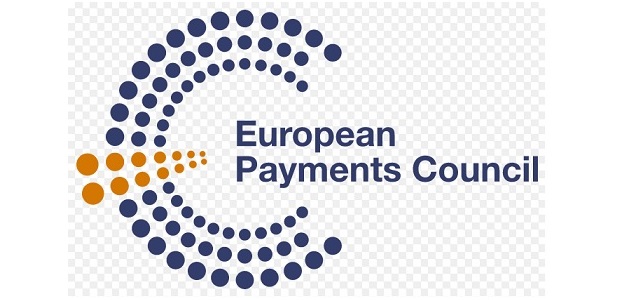
An active debate has started among market players within the SEPA payments industry and among public authorities regarding the case for ‘faster’ and even ‘instant’ payments. The European Payments Council published a report that highlights the expectations of both payers and payees and the way that instant payments shoud be aproached in SEPA.
The Euro Retail Payments Board (ERPB) says that person-to-person mobile payment providers across the continent should work together to ensure interoperability. Following its latest meeting, the ERPB (set up by the ECB as a successor to the Sepa Council), says that it has agreed to „endorse the vision” of allowing anyone to carry out a pan-European P2P mobile payment using a „simple method”.
At the moment, says the board, there is fragmentation among providers, with around 50 local systems. Any new offering should seek to work with these, rather than try to provide a competitor.
To get interoperability, outfits offering P2P payments should make the most of existing infrastructure such as Sepa and Ibans, and build a harmonised process to allow data like mobile phone numbers, email addresses and Ibans to be exchanged across borders.
Meanwhile, the ERPB has mandated the European Payments Council (EPC) to design a pan-European scheme for instant payments in euro by November 2015.
The board set the wheels in motion for a system in December after expressing concern that the emergence of new domestic platforms, such as the UK’s Faster Payments scheme, might end up creating a fragmented market in Europe for instant payments, similar to what existed in regular payments in the past.
Having set up a task force and issued an initial assessment, the EPC will now come up with a proposal for the design of an instant Sepa Credit Transfer scheme, (SCTinst), which could be adhered to by EU payment service providers on a voluntary basis.
The report highlights that the expectations of both payers and payees must be the starting point in developing an approach for instant payments in SEPA. This should form the basis for the discussion within the ERPB. The first action to undertake should be to understand what payers and payees actually expect from instant payments.
The report outlines the opportunities that instant payments may bring but also draws attention to specific issues. One issue the EPC highlights to the ERPB is questioning which “go to market” scenario would be the most appropriate to reach the full potential of instant payments in SEPA. The roll-out of an instant payment solution supported by various PSPs will demand that these, along with payment infrastructure providers and corporate payment service users, all allocate substantial resources to and carefully internally plan their part in the roll-out. They should coordinate on a regular basis with each other as the implementation progresses.
At this stage, the EPC is of the opinion that there may be a need for an instant payment scheme at SEPA level.
For more details dowload the ERPB white paper: „EPC Report to the ERPB on Instant Payments„
Banking 4.0 – „how was the experience for you”
„To be honest I think that Sinaia, your conference, is much better then Davos.”
Many more interesting quotes in the video below: